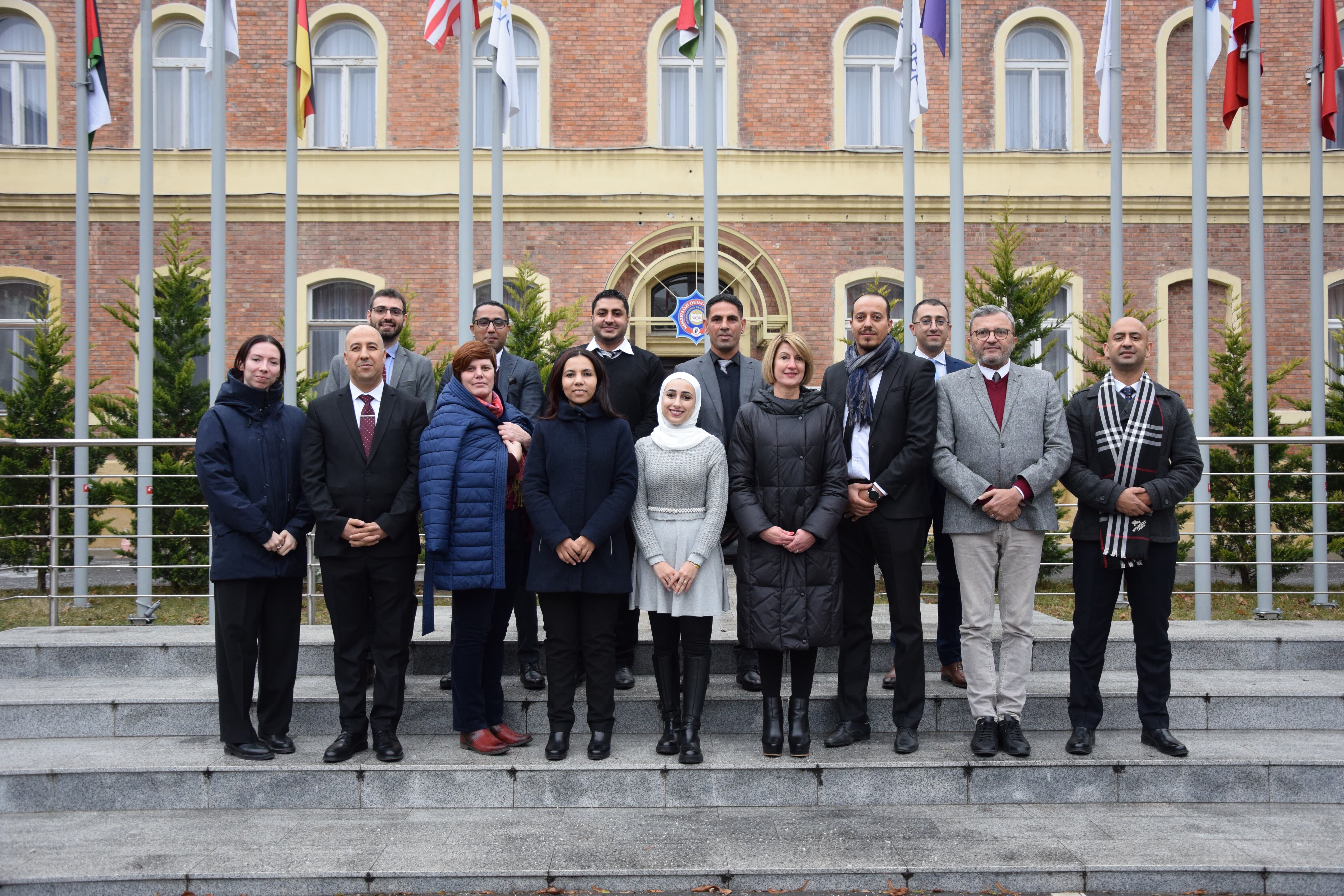Border externalisation: billions of euros, visa sanctions, and a wealth of documentation
Topic
Country/Region
03 July 2024
The second issue of our bulletin on EU border externalisation policies is now available.
Support our work: become a Friend of Statewatch from as little as £1/€1 per month.

The second edition of the bulletin, published with migration-control.info, includes analyses of multi-billion increases in the EU's budgets for border externalisation and the growing use of visa sanctions to coax third states into cooperating with EU deportations.
It also includes an extensive update to the document archive, with almost two dozen documents from the secretive Operational Coordination Mechanism for the External Dimension of Migration, MOCADEM (mécanisme de coordination opérationnelle pour la dimension extérieure des migrations).
Many of the documents added to the archive have been summarised in the bulletin's section on thematic and regional developments, intended to provide a useful overview of key issues, themes and events.
However, there is more in the documents than can be summarised there, and readers are advised to dig into the documents for themselves.
The bulletin editorial looks at the Council of the EU's stubborn refusal to grant the European Parliament any right of democratic scrutiny over the workings of MOCADEM.
The next issue of the bulletin will be published at the end of September.
Our work is only possible with your support.
Become a Friend of Statewatch from as little as £1/€1 per month.
Further reading
Spotted an error? If you've spotted a problem with this page, just click once to let us know.

